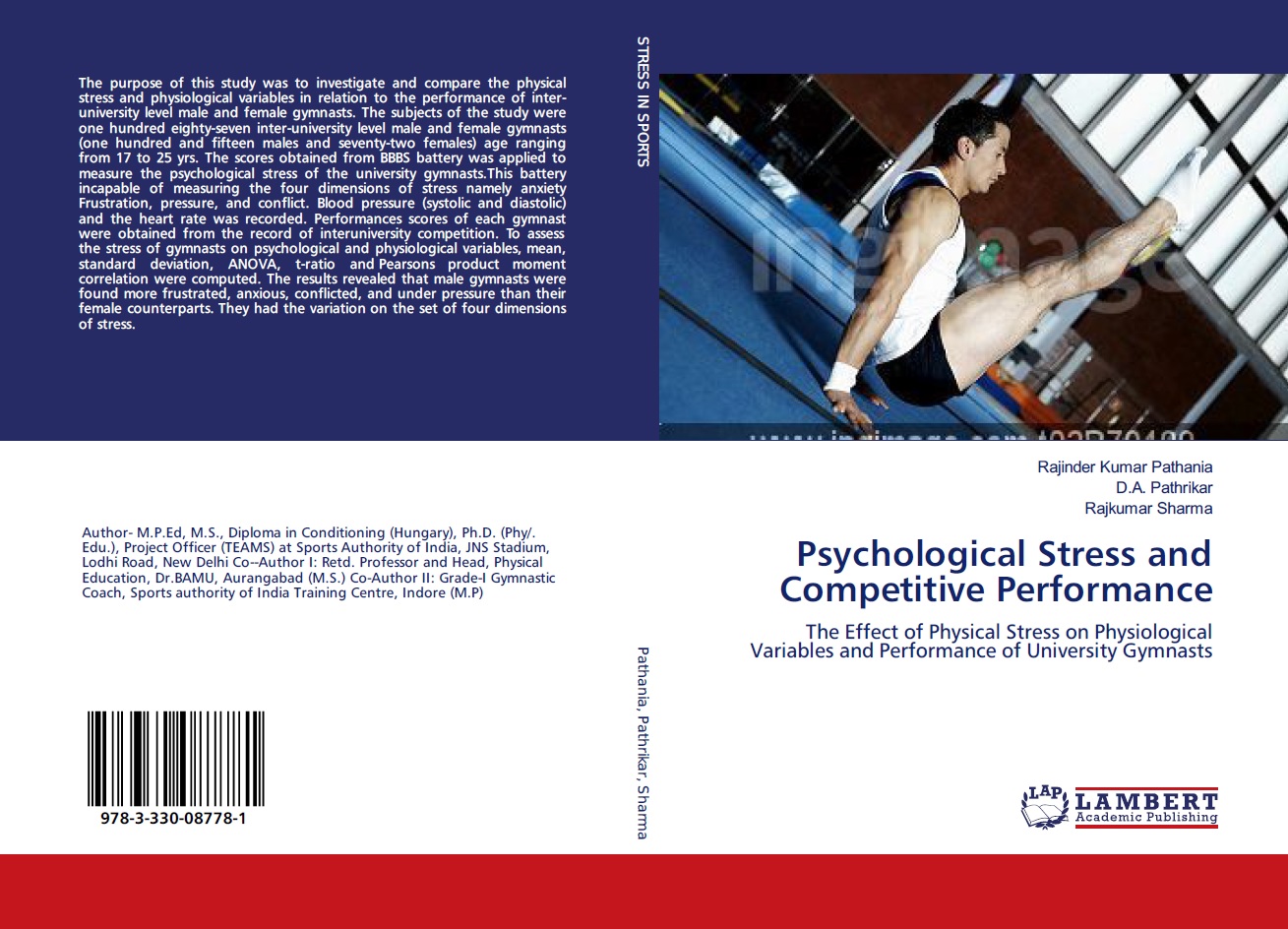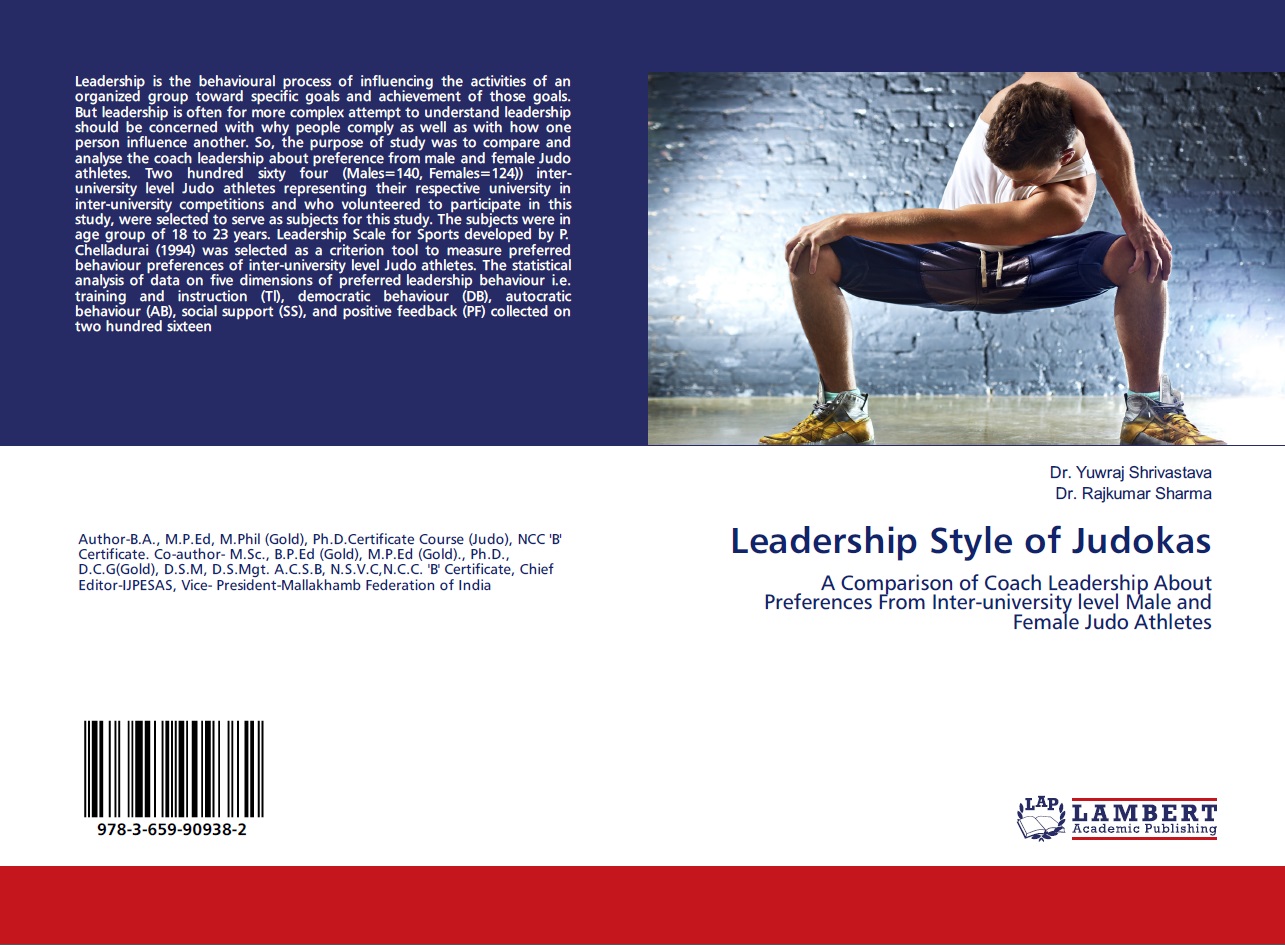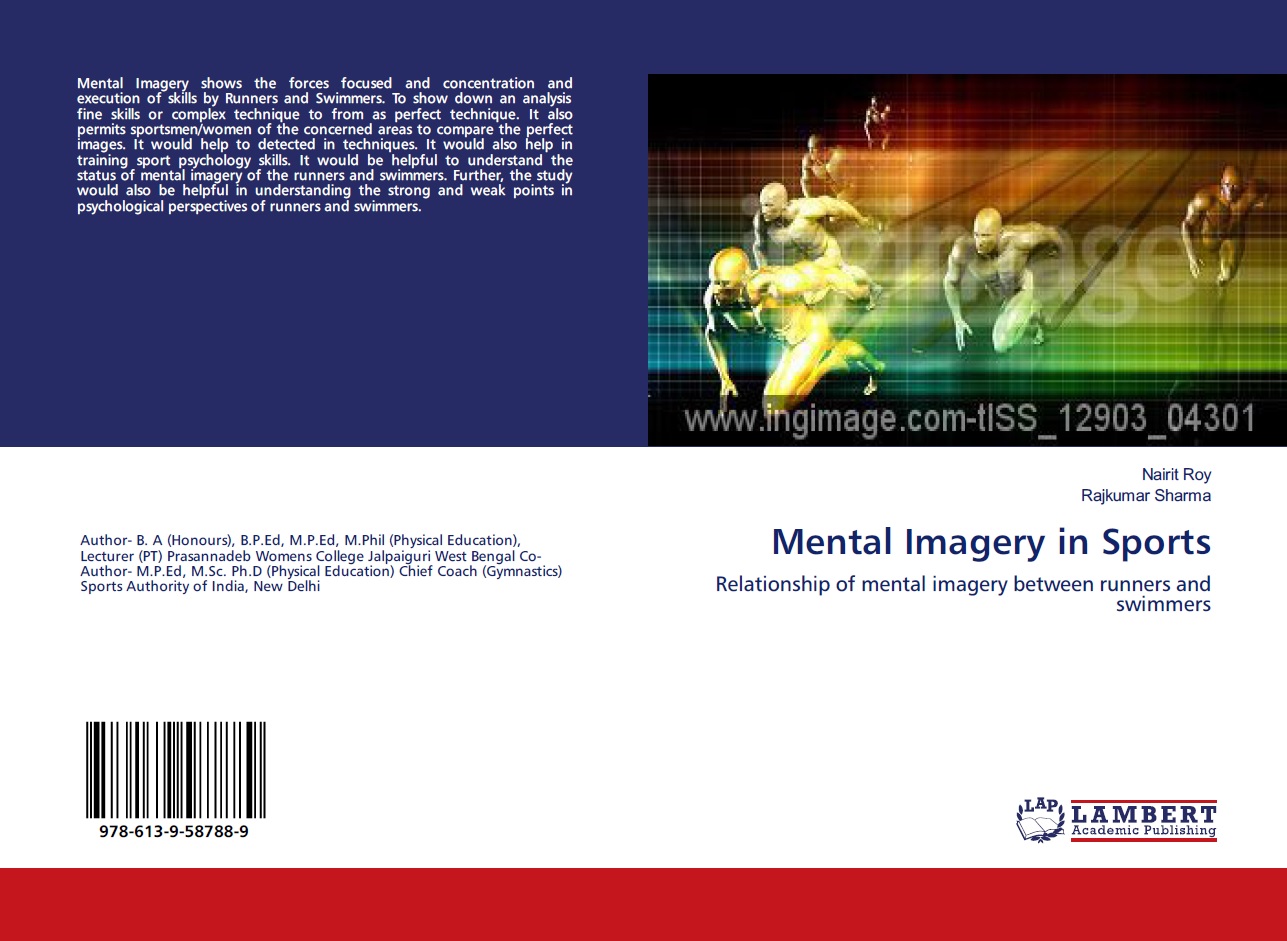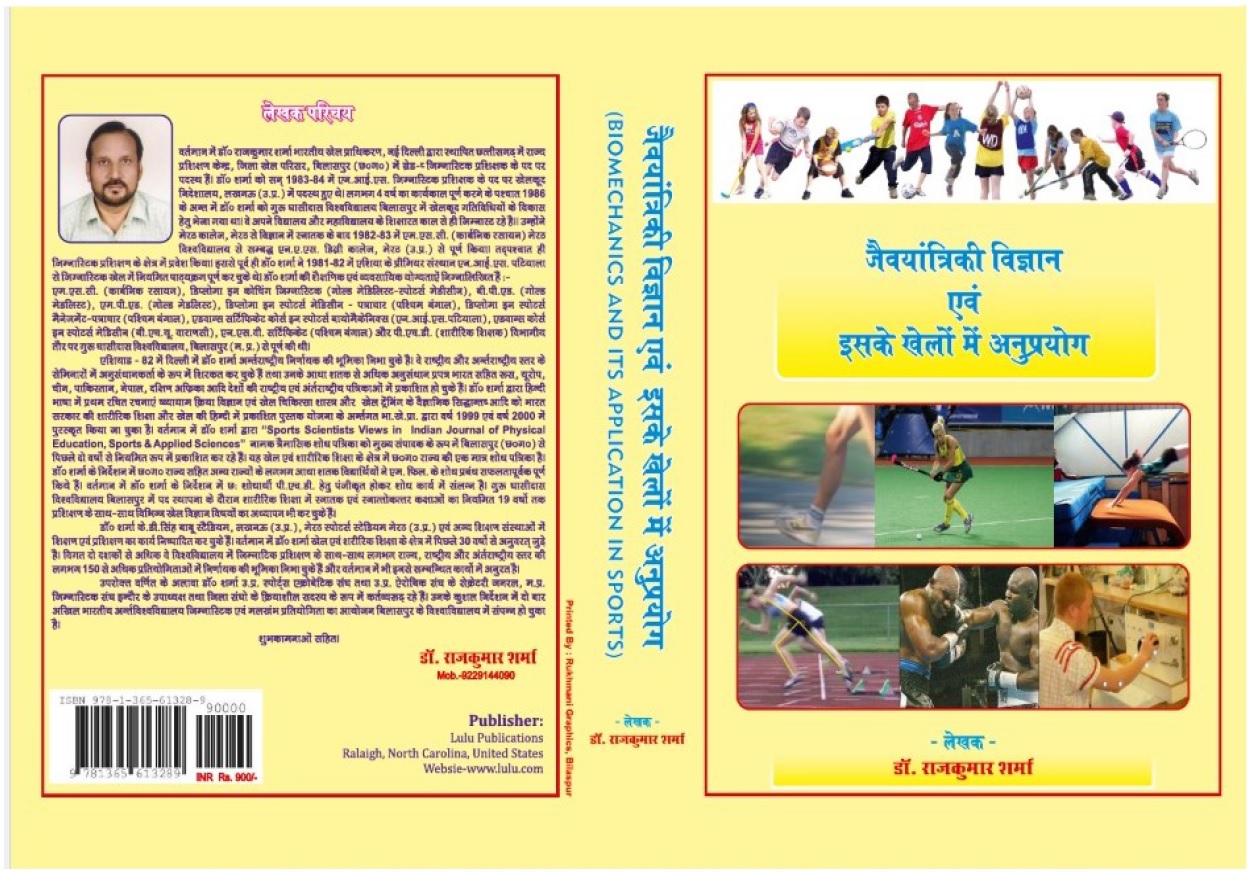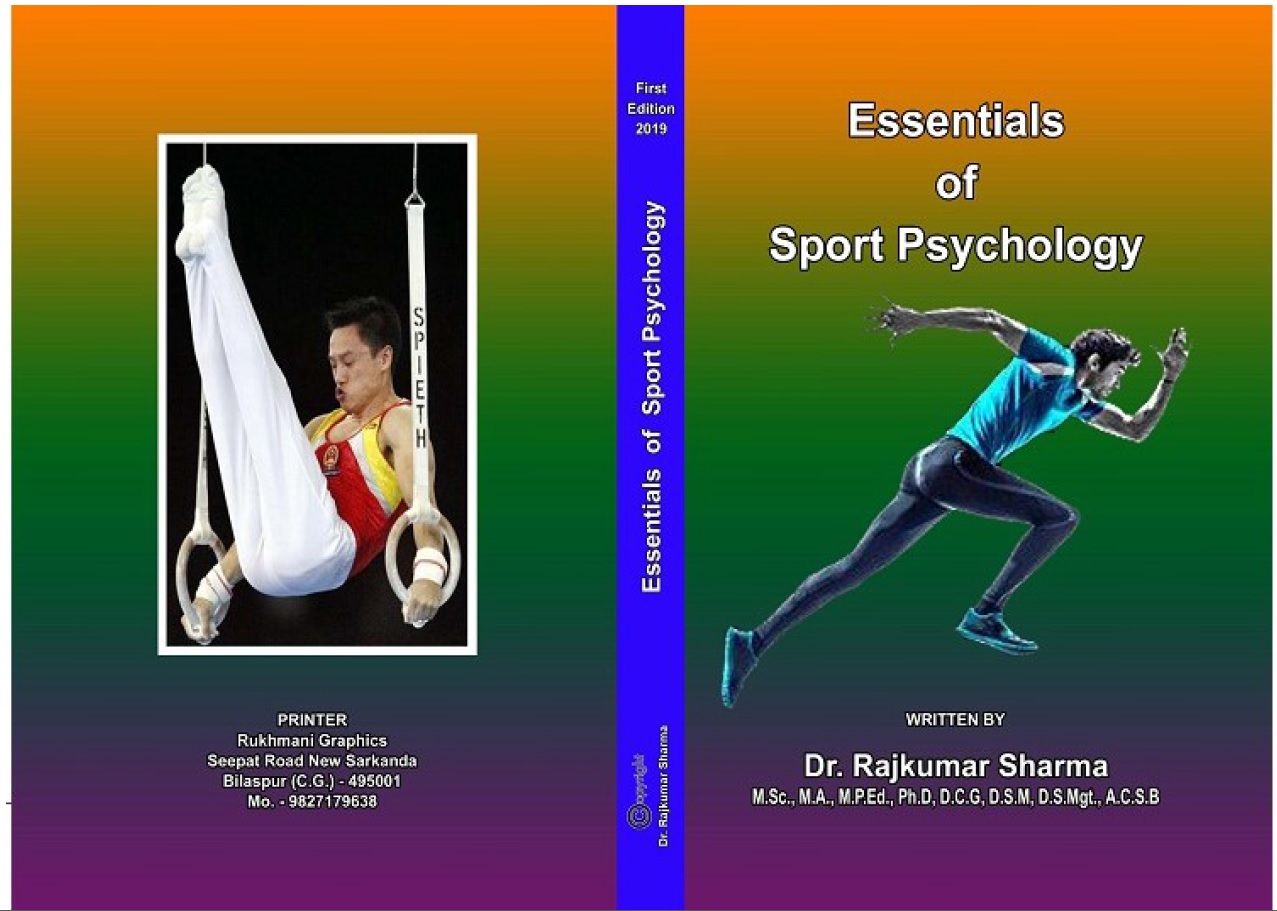| S.No. | Total View Count | Title of Manuscript | Page No | Download/ PDF |
|---|---|---|---|---|
| 1 | A COMPARATIVE STUDY OF MENTAL TOUGHNESS OF MEDALIST AND NON-MEDALIST JUDOKAS Author: Teena Pangtey1 and Dr. R.K.Yadav2 | 05-10 |  11 11 |
Article info
doi no.: 05-2016-44975451, DOI Link :: https://doi-ds.org/doilink/08.2022-94624868/IJPESAS/05.2016-44975451/V12/I2/A2
AFFILIATIONS:
1. Research Scholar, Department of Physical Education Rani Durgawati Vishwavidyalaya Jabalpur, (M.P)
2. Professor, Department of Physical Education Rani Durgawati Vishwavidyalaya Jabalpur, (M.P)
The purpose of the study was to compare Mental Toughness of Male and Female (Medalist and Non-Medalist)Judokas. Sixty six Male Judokas (33 medalist, 33 non- medalist) and Forty four Female Judokas (21 medalist, 21 non-medalist) was selected randomly during the Senior National Judo Championship held at Vishakhapatnam (A.P) in 2019 and All India Inter University Judo Tournament held at Punjab University Chandigarh in 2018 and Guru Nanak Dev University Amritsar in 2018. The age of the subjects were ranged from 16 to 37 years. Sports Mental Toughness Questionnaire(Sheard et al. 2009) was used as an instrument for measuring the Mental Toughness of Judokas. The statistical technique applied in order to examine the hypothesis (There is no significant difference between male medalist and non-medalist judoka and no significance difference between female medalist and female non-medalist judoka) of the study was Descriptive statistics such as Mean and Standard Deviation and t ratio measured to analyzed the dataand level of significance was set at 0.05. The results indicated insignificant difference between male medalist and non-medalist judoka on confidence, control sub factor of mental toughness. Where as in case of constancy another sub factor the difference was significant. The female medalist and non-medalist judokas did not differ significantly on any of the sub factors of mental toughness.
Keywords: Mental Toughness, Medalist, Non-Medalist, Judokas.
References
Bojanic Z, Nedeljkovic J, Sakan D, Mitic PM, Milovanovic I, Drid P (2019), Personality Traits and Self-Esteem in Combat and Team Sports. Frontiers in psychology.2019; 10: 2280.
Cadenas E, Sretkovi? T, Perales J, Petrovic J, Sterkowicz-Przybycie? K, Batez M, et al. (2016). Mental toughness and perfectionism in judo: Differences by achievement and age. The relation between constructs.Archives of Budo.2016 11/10; 12: 267-74.
Chen M, Cheesman D.(2013). Mental toughness of mixed martial arts athletes at different levels of competition.Perceptual and motor skills.2013 06/01; 116: 905-17.
Connaughton, D., Hanton, S., & Jones, G. (2007) A framework of mental toughness in the world's best performers. The Sport Psychologist, 21(2), 243-264.
Cowden R. (2017), Mental Toughness and Success in Sport: A Review and Prospect. The Open Sports Sciences Journal.2017 02/28; 10: 1-14.
Gould, D., Dieffenbach, K., & Moffett, A. (2002).Psychological characteristics and their development in Olympic champions.Journal of applied sport psychology, 14(3), 172-204.
Gucciardi DF (2017),. Mental toughness: progress and prospects. CurrOpin Psychol. 2017; 16: 17-23.
Sheard Michael, GolbyGim and Wersch Anna Van (2009).Progression towards construct validation of the sports mental toughness questionnaire (SMTQ). European Journal of Psychological Assessment; Vol. 25(3):186-193.
Rostami and Mohammadi (2015).A Comparative Study on Emotional Intelligence and Mental Toughness for Visually Impaired Male and Female Athletes. International Journal of Kinesiology & Sports Science, ISSN 2202-946X, Vol. 3 No. 4..
 admin@sportscientistsviews.com
admin@sportscientistsviews.com

